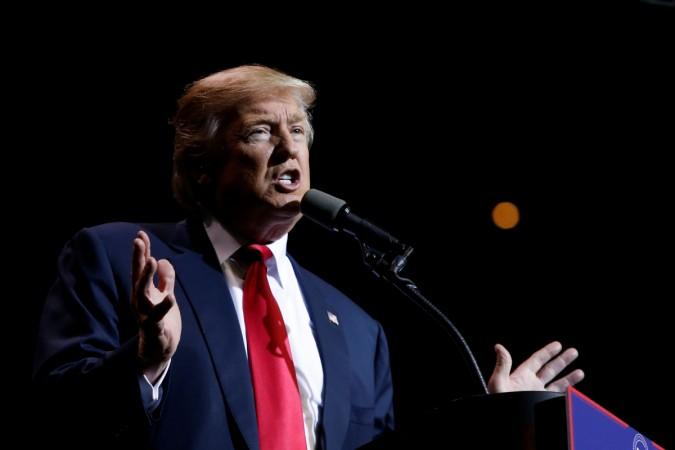
Questions are being raised against the workings of the electoral college in the US almost a month after the US presidential election and answers are being sought by certain electoral college members.
One of the 538 members, a Republican from Texas, became the first to publicly declare in a New York Times article that he would not be voting for Donald Trump. The electoral college members generally vote for the candidate who won in the state.
Christopher Supurn, a paramedic, said, Trump "shows daily he is not qualified for the office." He said that the president-elect's divisive campaign drove a wedge between America.
"The election of the next president is not yet a done deal," he wrote. "Electors of conscience can still do the right thing for the good of the country. Presidential electors have the legal right and a constitutional duty to vote their conscience."
"Fifteen years ago, I swore an oath to defend my country and Constitution against all enemies, foreign and domestic," Suprun added. "On December 19, I will do it again."
The electoral college members are chosen by party members and are legally bound to vote for the party candidate. However, according to the New York Times article, such laws have not been enforced and voters can vote according to their conscience on December 19 when the members cast vote.
Trump's presidentship is not yet signed and sealed, given the number of requests for a recount in various states. Some efforts are being taken in certain states — Wisconsin, Pennsylvania, Michigan, Florida and Colorado — to make a recount possible.
Supurn is also not the only Republican "faithless elector". According to party insiders, there are many more who are not happy with Trump. Art Sisneros, also a Republican elector from Texas, had said last week that he would rather resign than vote for Trump.
Democrats on Tuesday also gathered to discuss reforms to the process of presidential election in the country. The electoral college is seen as an outdated concept amongst the Democratic elites.
The current process can go against the popular vote, which is what happened in 2016. Hillary Clinton leads by 2.7 million votes and counting.
"Under our current system, the votes of millions of people in non-swing states are effectively lost when they vote for the candidate who loses their state because all of that state's electoral votes will be given to the other candidate," Rep. John Conyers Jr. (D-Mich.) said in his opening statement at the forum hosted by him on Capitol Hill.
If none of the candidates garner 270 votes of 538 on December 19, the decision will be with the House, which is Republican and the presidentship can still go to Donald Trump.
A Harvard University law professor Larry Lessig recently announced he will launch "The Electors Trust" and effort to provide free legal counsel to the electors who want to go against their pledged vote.
"It makes no sense to be elector number five who comes out against Trump. But it might make sense to be elector 38," Lessig told Politico.
Lessig, through his pro bono work, wants to rally electors who don't want to vote for Trump to stop him from taking office.
However, it's a long shot, opined the New York Times, given that the House is controlled by the Republicans and Hillary Clinton won't get their votes. A moderate Republican selected by the electors has a stronger shot at the job as the head of state of US than the democratic candidate.

















